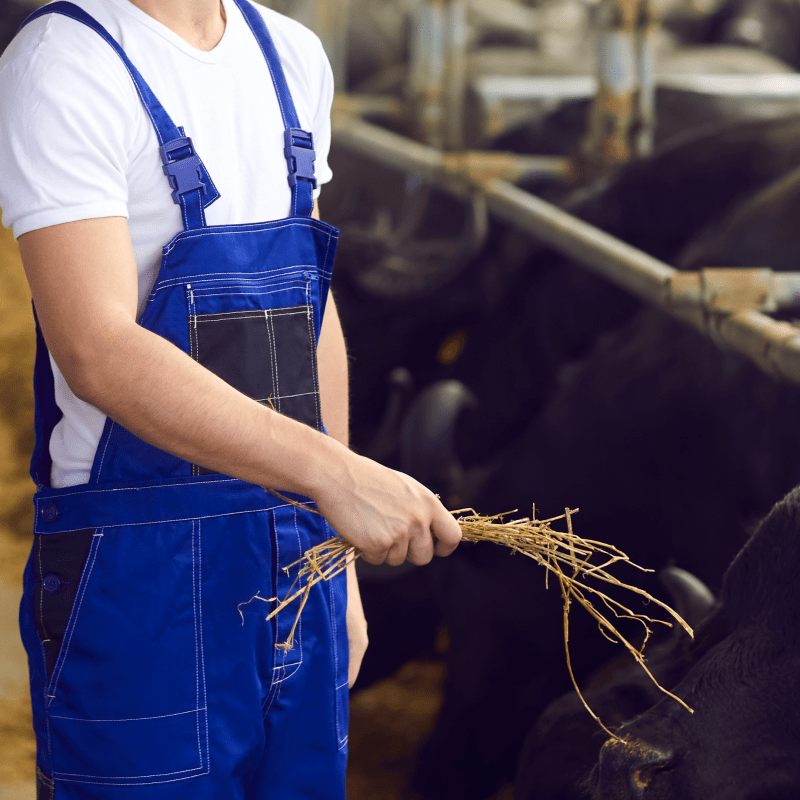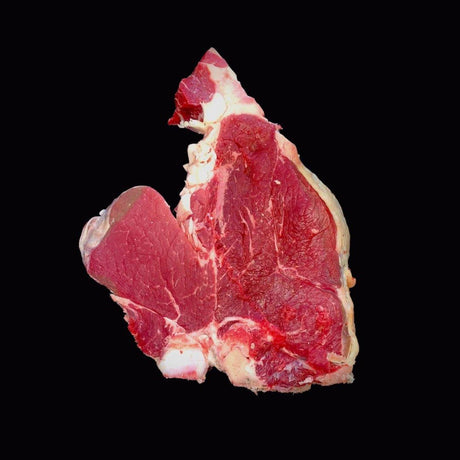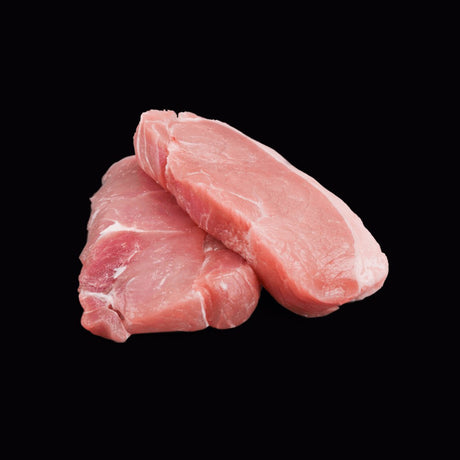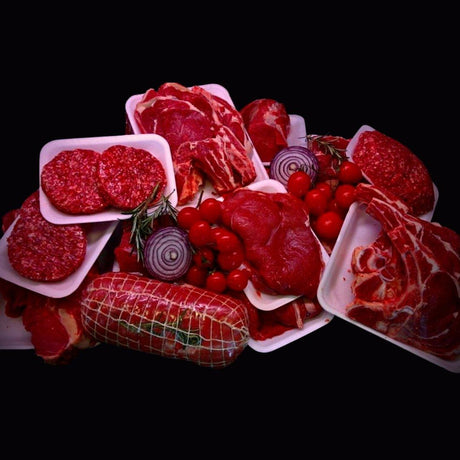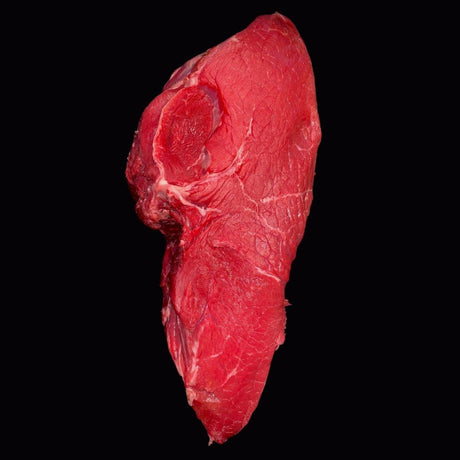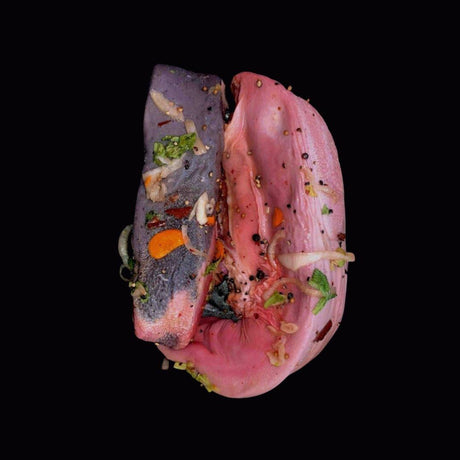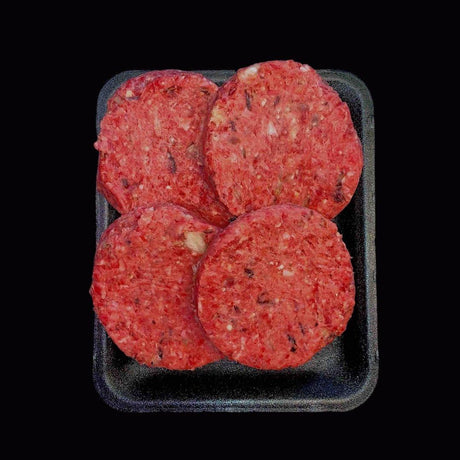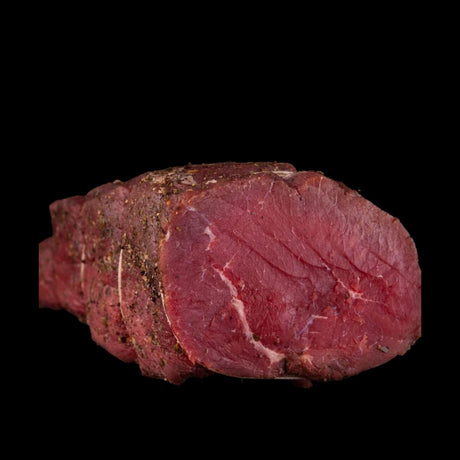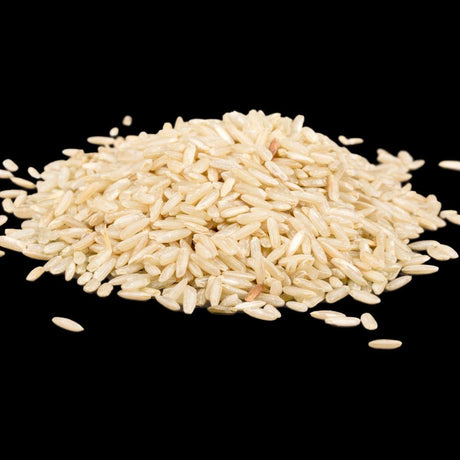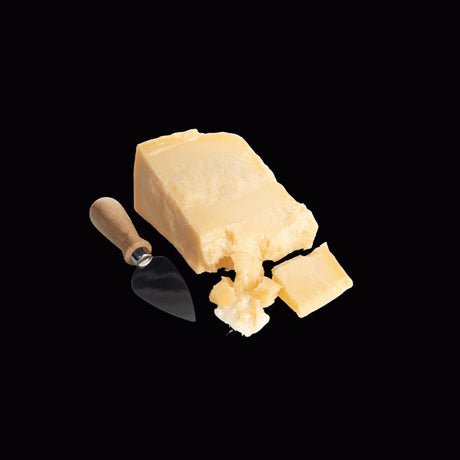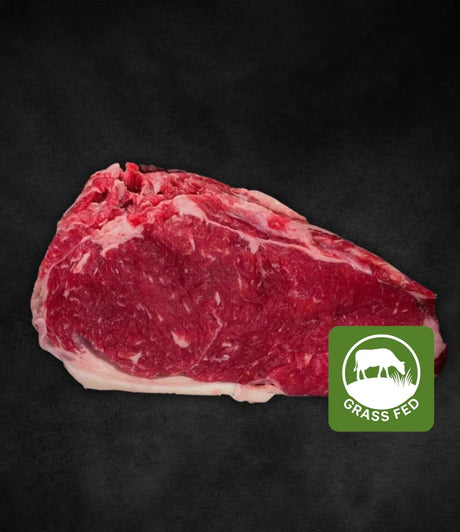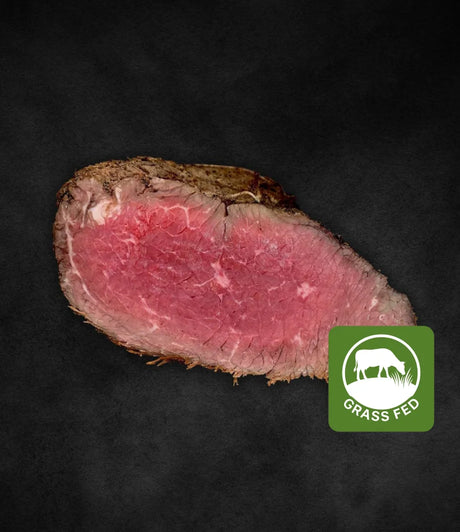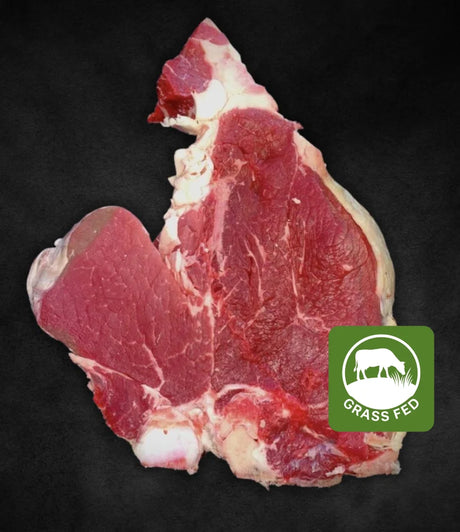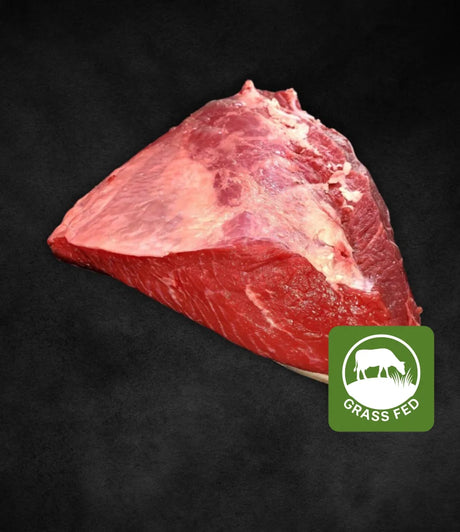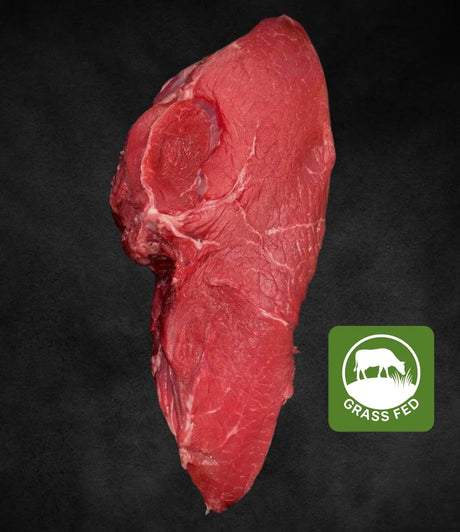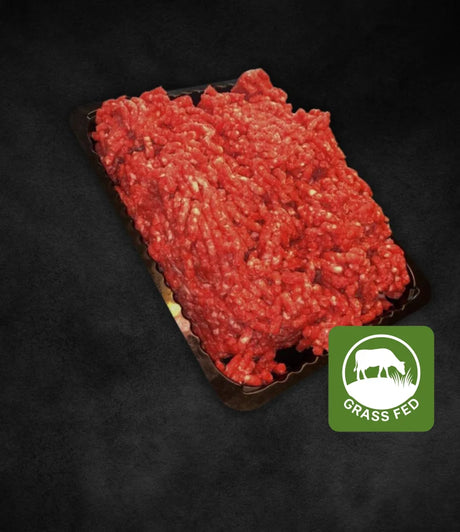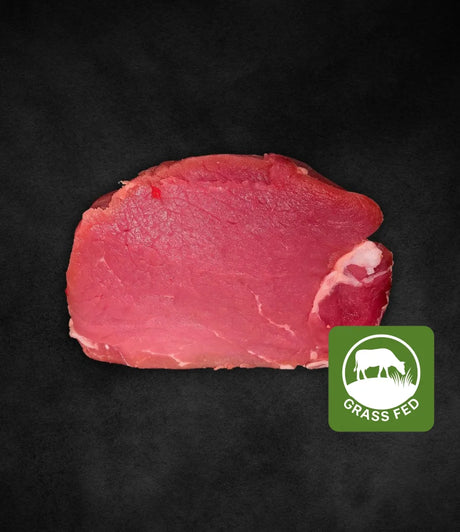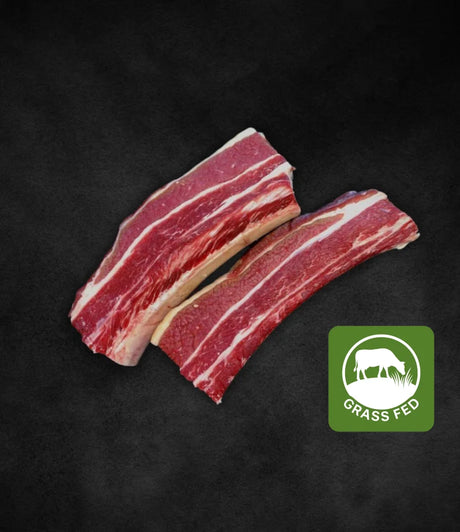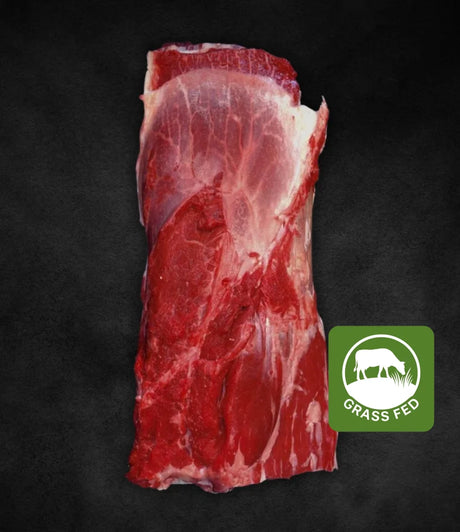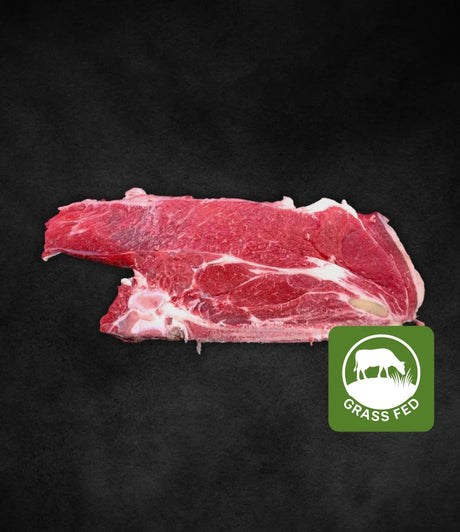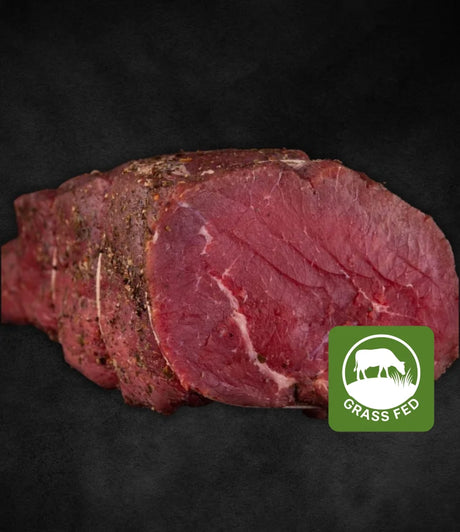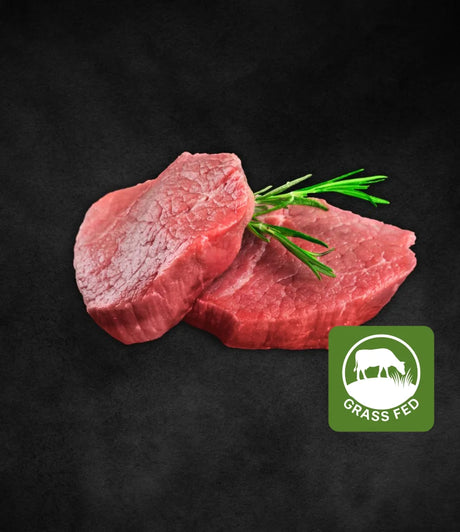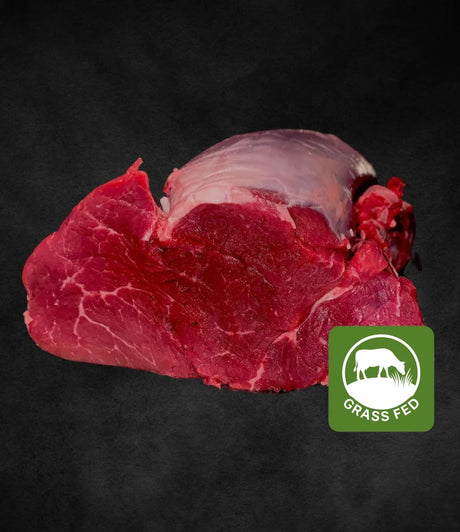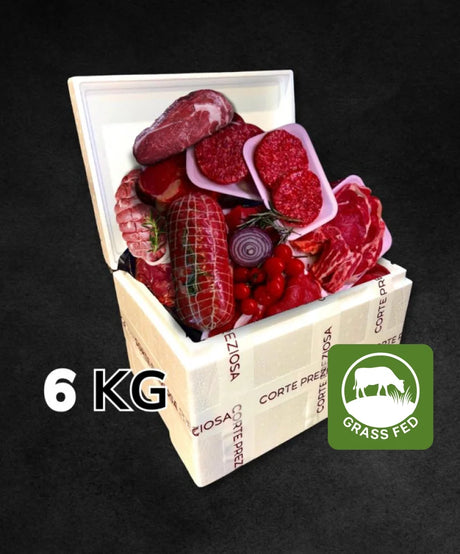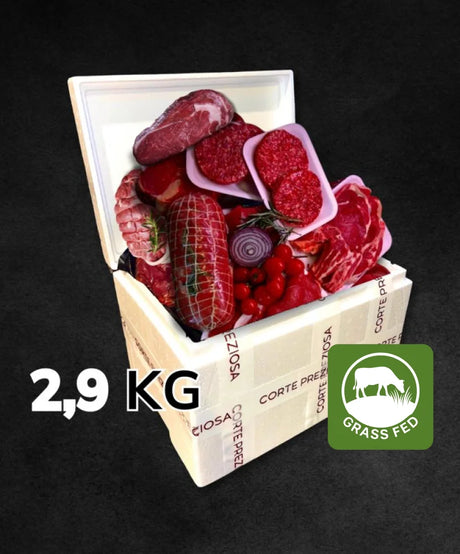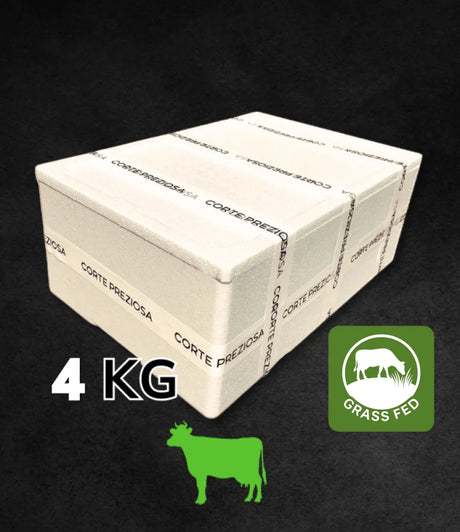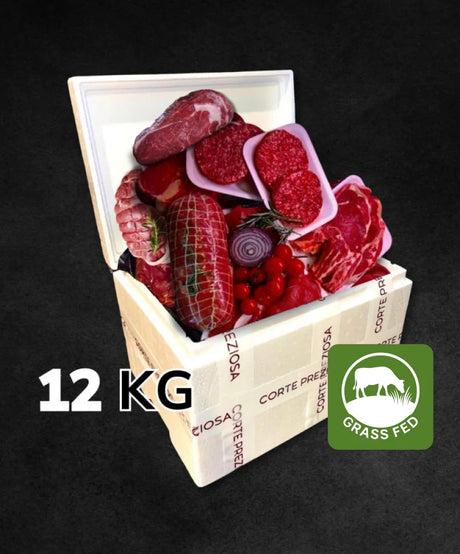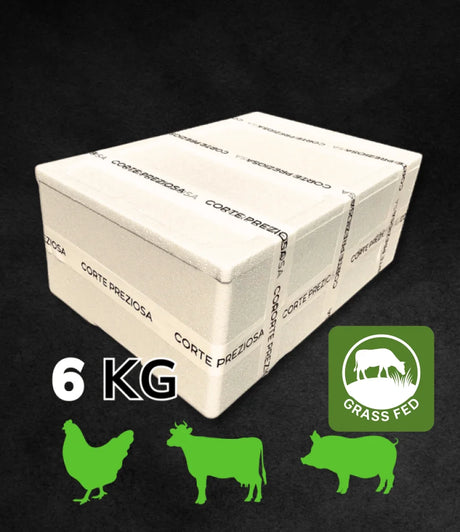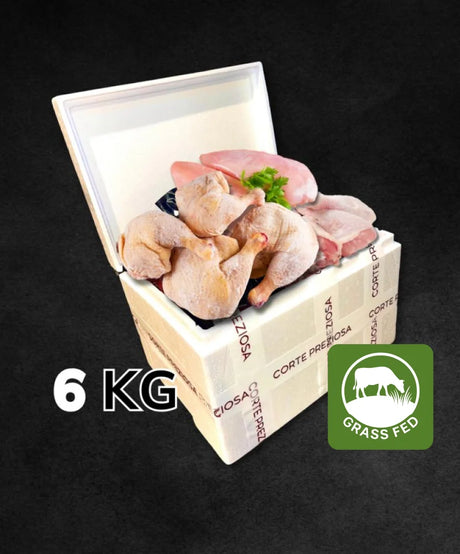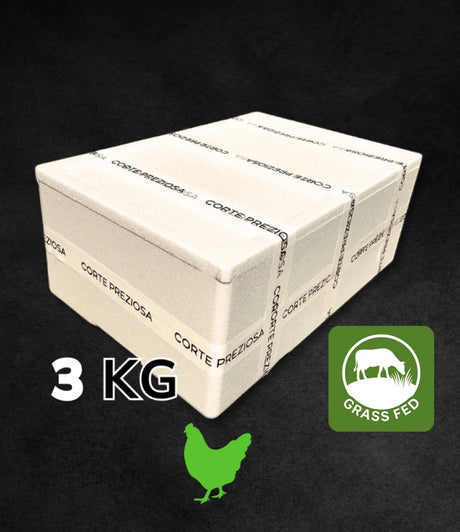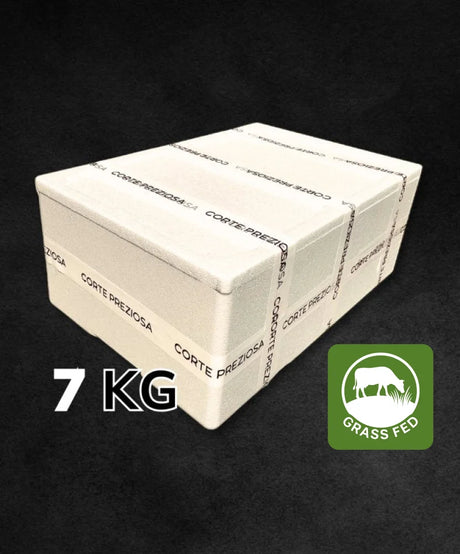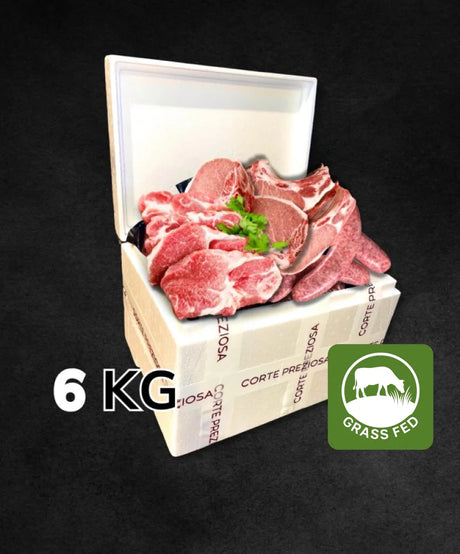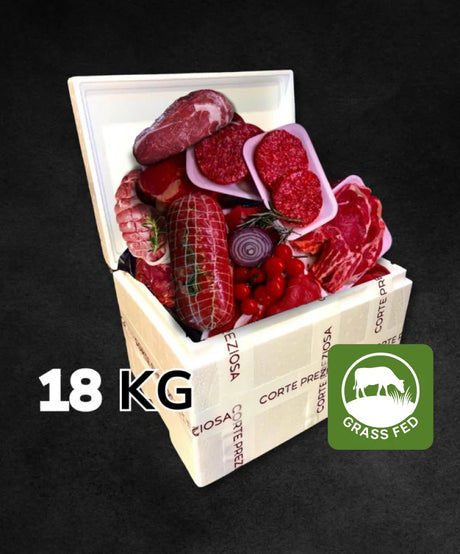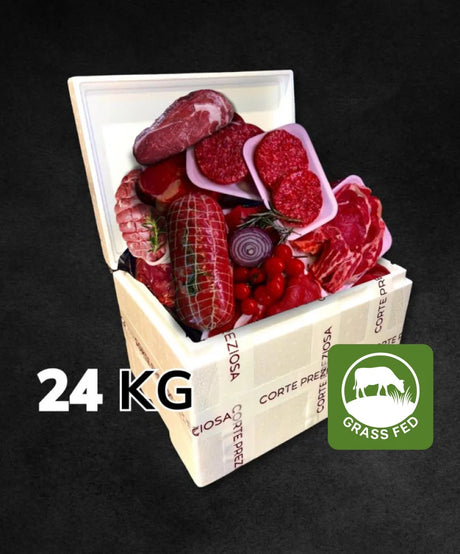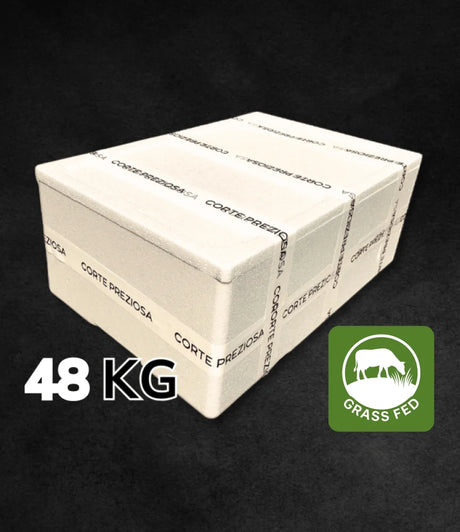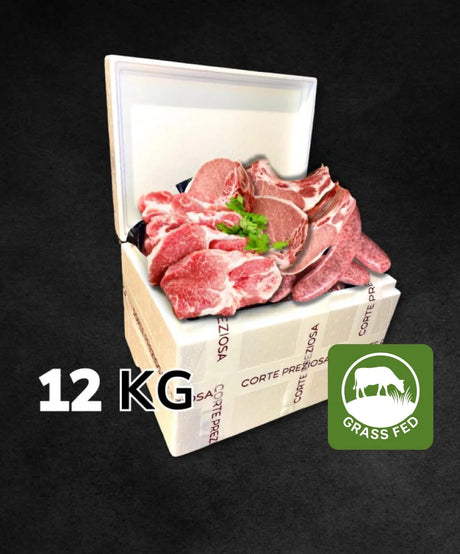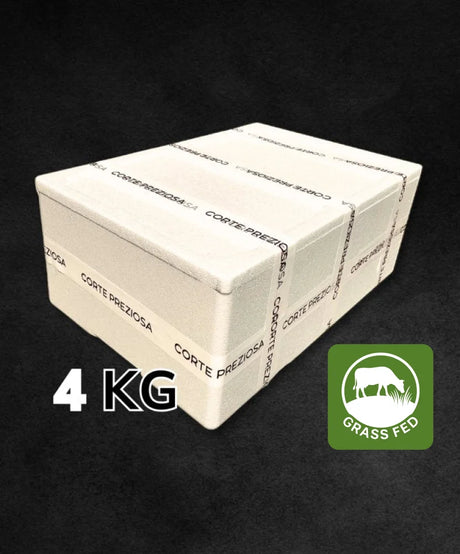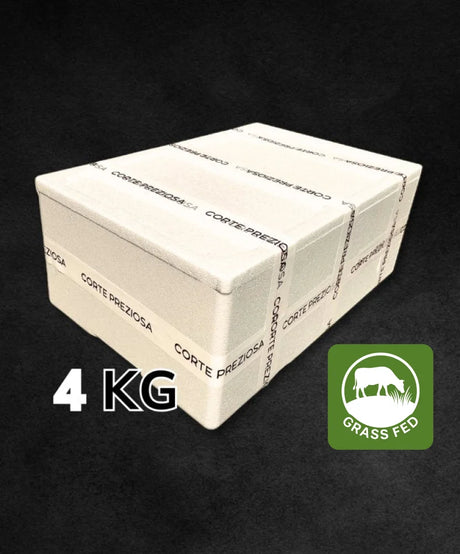Frequently asked questions about meat pollution: A possible alternative with extensive and natural farming
The link between environmental pollution and meat production is an increasingly discussed topic, especially with the emergence of new awareness of the serious consequences of intensive farming. Meat produced by these farms is the main cause of soil, air and water pollution, contributing significantly to climate change. In this blog, we will delve into the most frequently asked questions about meat pollution, shedding light on the fact that there are more sustainable alternatives, such as extensive and natural farming, that can make a big difference.
1. What is the link between meat and environmental pollution?
Industrial meat production, resulting from intensive livestock farming, is a major cause of pollution. These farms, characterized by high-density practices, lead to a strong production of greenhouse gases, especially methane, and a massive demand for natural resources such as water and land. The intensive use of chemical fertilizers and pesticides to grow animal feed, together with the ineffective management of animal waste, contributes to land and water pollution. In addition, deforestation to make room for livestock farming and the cultivation of industrial agricultural feed makes the situation worse.
2. Are factory farms the main cause of meat-related pollution?
Yes, factory farm meat is the main source of pollution. These factory farms, where animals live in overcrowded and stressful conditions, produce huge amounts of animal waste that is often dumped without proper treatment, contaminating the surrounding soil and water. Factory farming is also responsible for a significant portion of greenhouse gas emissions due to the production and digestion of animals. Virtually every step of the factory farm supply chain (from feed production to waste management) has devastating impacts on the environment.
3. Why are extensive and natural farms a better alternative?
Extensive and natural farms offer a much more sustainable solution than factory farms. In these farms, animals are free to graze on large lands, thus reducing the need for resources such as industrial feed and antibiotics. Furthermore, since animals live in more natural and less stressful environments, methane production is significantly reduced compared to factory farms. Waste management is also more environmentally friendly, often using composting and natural fertilization practices that do not harm the environment. Furthermore, extensive farms tend to promote biodiversity, as they are often integrated with agricultural practices that preserve the landscape and natural resources.
4. How do natural farms contribute to the fight against pollution?
Natural farms significantly reduce pollution for several reasons:
- Low animal density : Animals are raised on larger plots of land, reducing the overcrowding that characterizes intensive farms. This decreases the need for chemical interventions and reduces pollution.
- Ecological waste management : In an extensive system, animal waste is treated sustainably, often reused to fertilize the soil without harming the environment.
- Preservation of biodiversity : Natural farms are integrated with agricultural ecosystems that promote biodiversity, helping to maintain natural balances without damaging resources.
- Less impact on water quality : With proper soil and waste management, water pollution by nutrients (such as phosphorus and nitrogen) is significantly reduced compared to intensive livestock farming.
5. How can I do my part to fight meat pollution?
One of the most powerful choices we can make as consumers is to opt for meat from extensive and natural farms. Buying meat from local and sustainable farms that adopt environmentally friendly practices is an important step in supporting a more ecological production model. Here are some practical tips:
- Choose meat from natural farms : Opt for meat that comes from farms that practice extensive and sustainable farming. These farms use methods that are more respectful of the environment and animals.
- Reduce consumption of industrial meat : Reduce consumption of meat produced by intensive farming and prefer plant-based alternatives or organic meat. Every responsible purchase reduces the demand for meat from polluting systems.
- Prefer local and seasonal foods : Replacing meat with local and seasonal plant-based products can significantly reduce your overall environmental impact.
6. What happens if we continue to support factory farming?
If we continue to support factory-farmed meat, we risk irreversibly compromising our health and the environment. The continued increase in greenhouse gas emissions, water and soil pollution, and biodiversity loss are just some of the devastating consequences. Furthermore, the factory-farmed meat industry continues to use resources inefficiently, accelerating the degradation of our planet.
7. Are there solutions for a sustainable future?
Yes, there are practical solutions to reduce meat pollution and preserve the environment. By choosing meat from extensive and natural farms, we can promote a more environmentally friendly agricultural system. In addition, embracing a more balanced diet, including a greater variety of plant-based proteins, can help reduce our dependence on industrial meat.
Conclusions
Pollution related to meat is a significant problem mainly resulting from intensive farming, which negatively affects the environment and our health. Opting for meat from extensive and natural farms not only reduces pollution but also supports a healthier agricultural system, which promotes biodiversity and respect for natural resources. Every choice we make, from consumption to eating habits, can have a positive impact on the fight against pollution and climate change.
---------------------------------------------------------------------------------------

